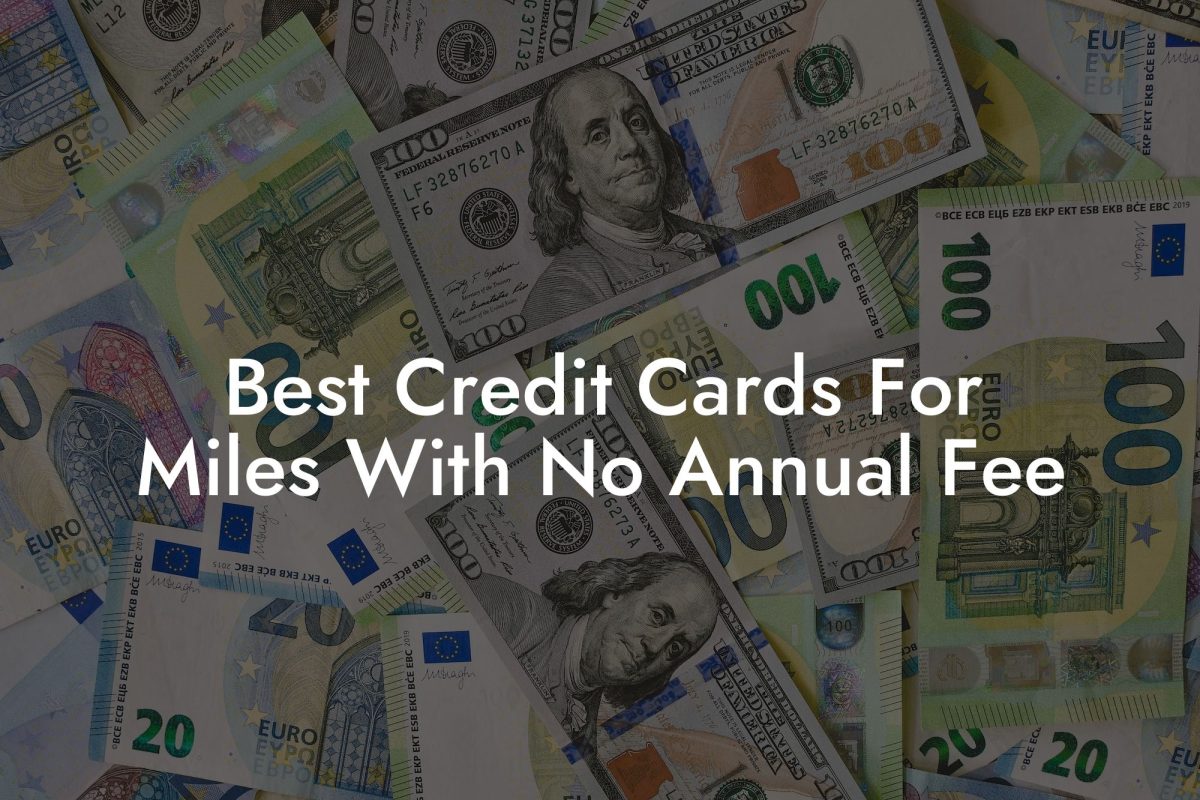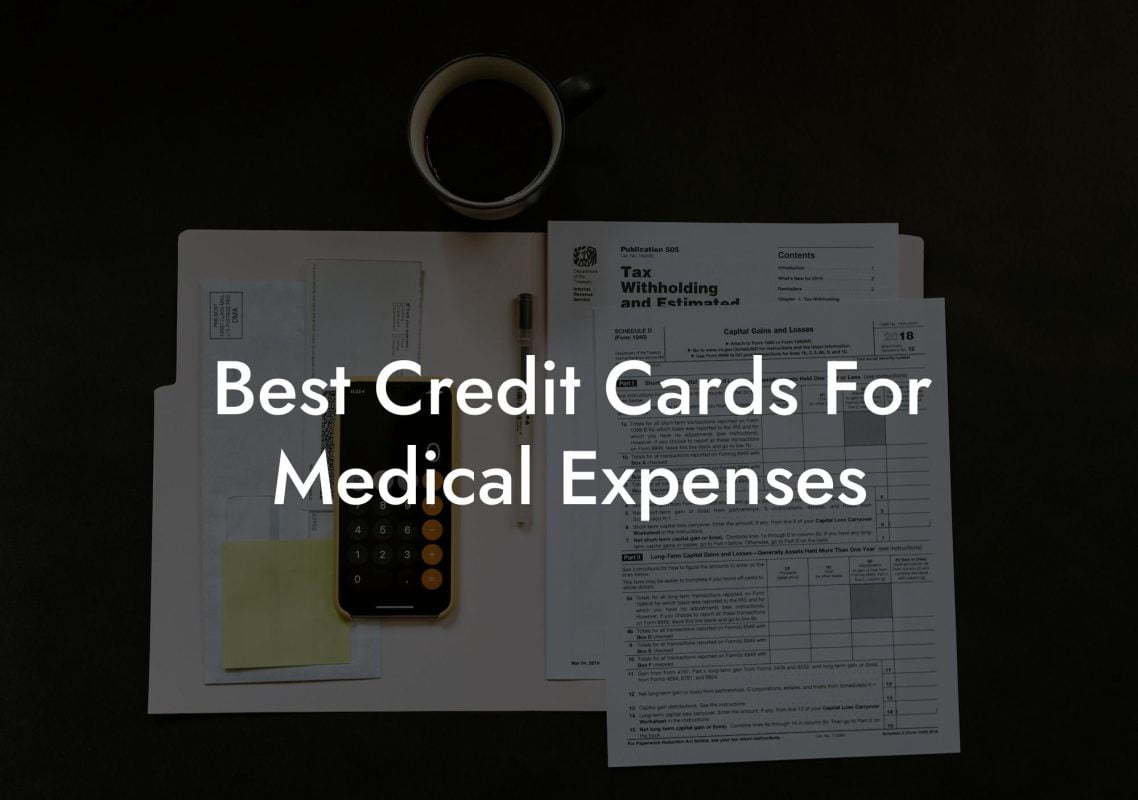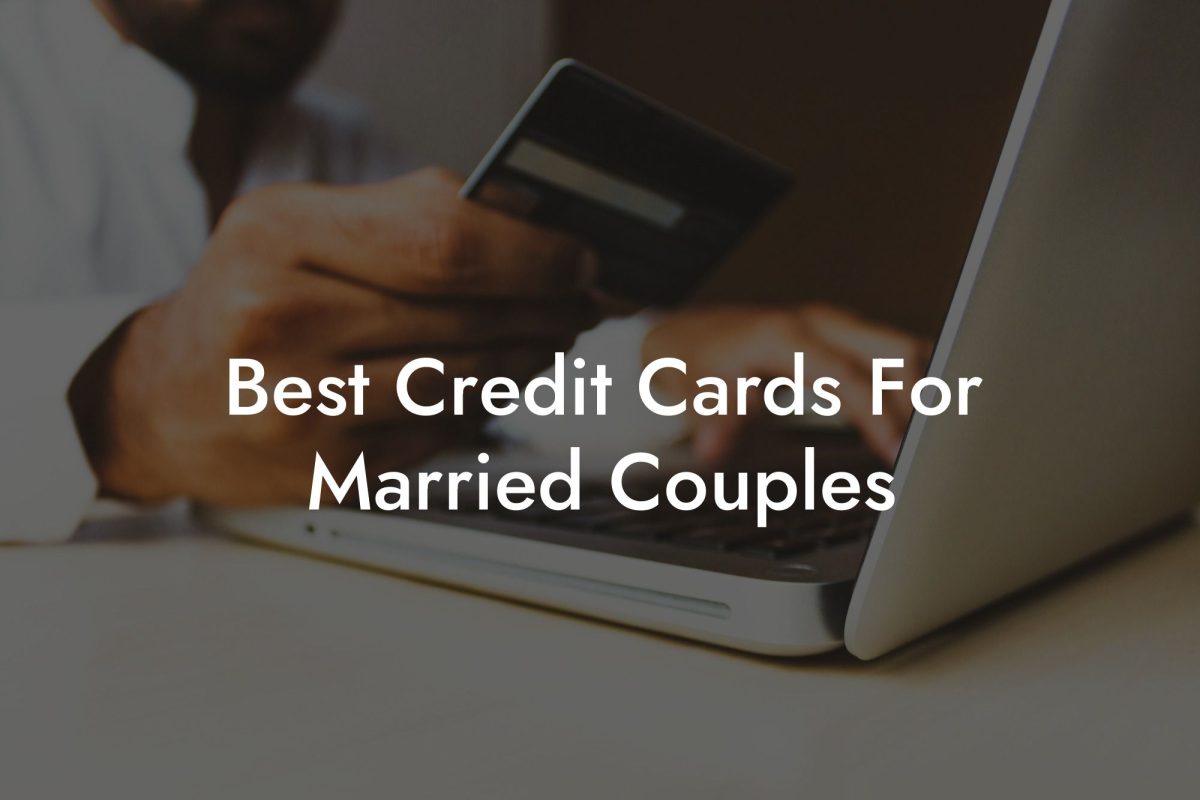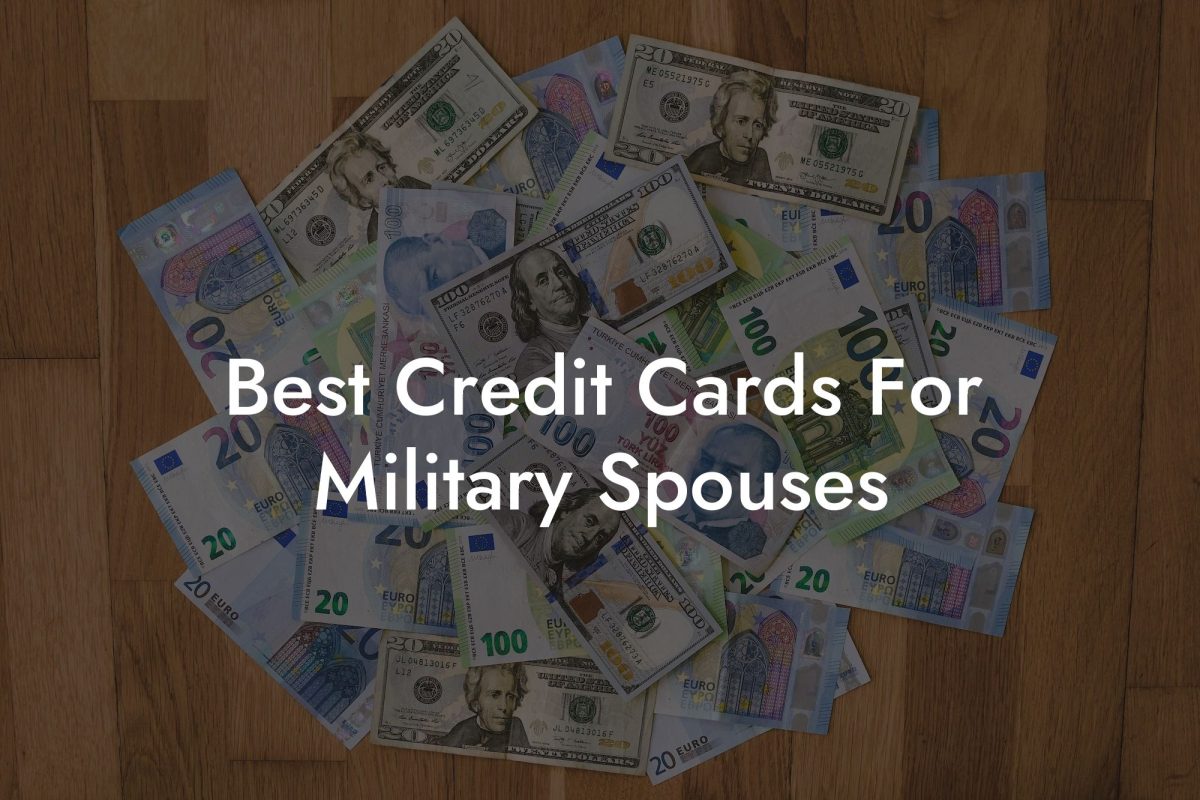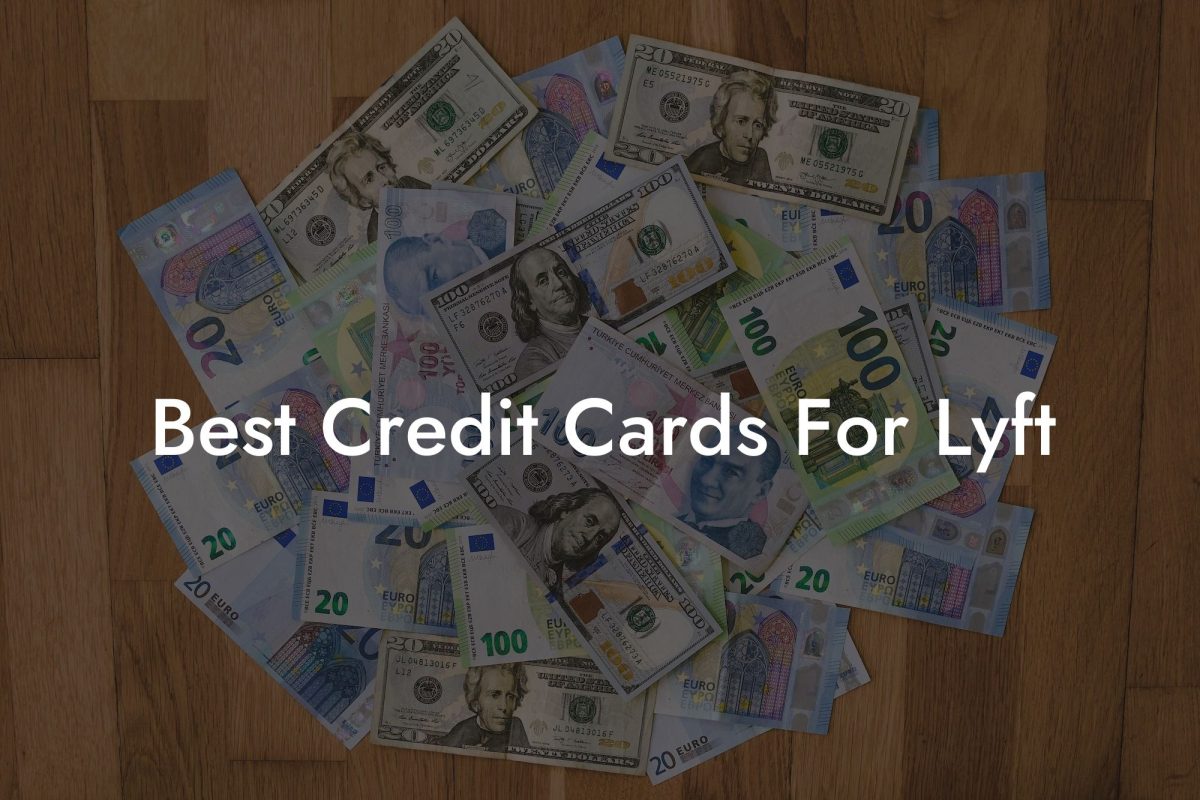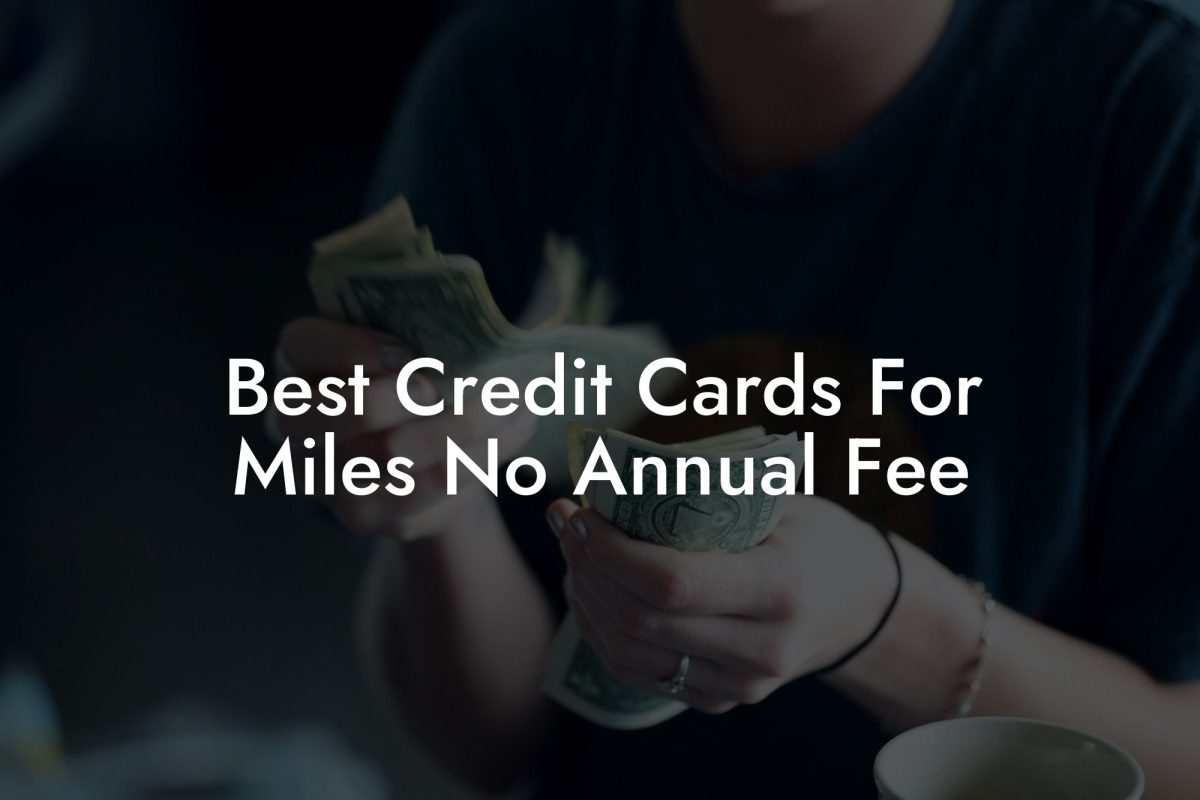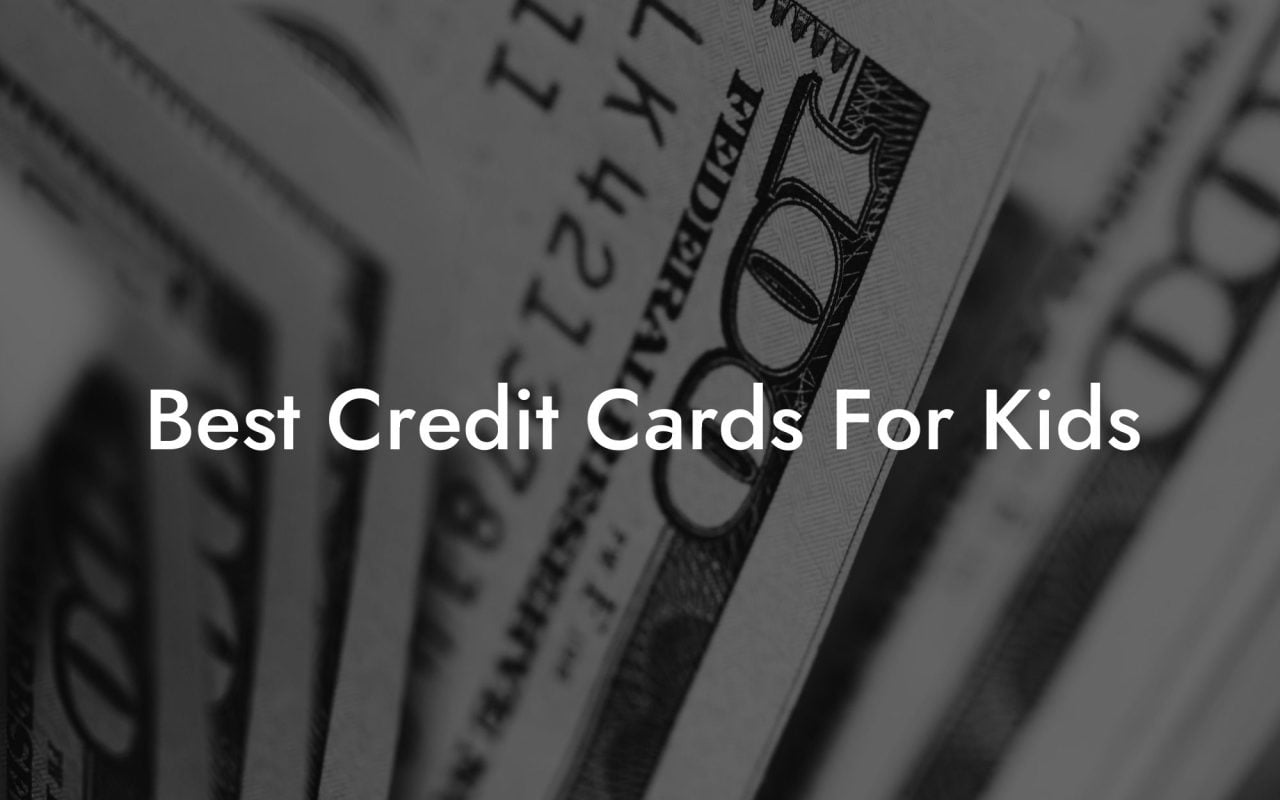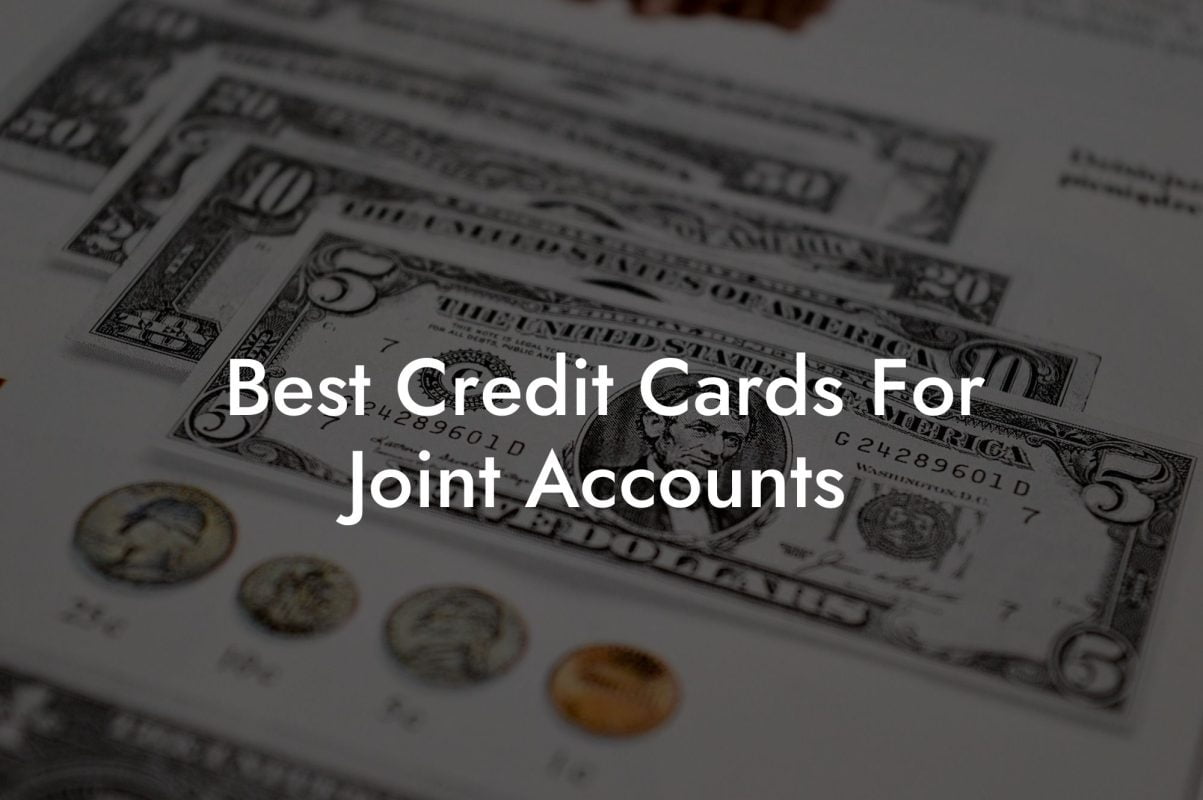Picture this: you’re scrolling through your favorite social feed, latte in hand, when a friend drops a truth bomb about the mysterious world of unsecured credit cards. You might be wondering, “What in the world is an unsecured credit card, and why should I care?” Well, buckle up, buttercup, because we’re about to take you on a wild ride through the ins and outs of unsecured credit cards—a financial tool that can be as empowering as it is perplexing. Whether you’re a millennial who’s long lost the jitters of student loans or a Gen Z wizard just dipping your toes into the credit pool, understanding these credit cards can mean the difference between savvy money moves and a financial faux pas.
What Does an Unsecured Credit Card Mean Table of Contents
What Exactly Is an Unsecured Credit Card?
How Do Unsecured Credit Cards Actually Work?
The Perks (and Pitfalls) of Unsecured Credit Cards
Understanding the Importance of Credit Scores and Credit Utilization
Comparing Unsecured and Secured Credit Cards: What’s the Difference?
The Application Process: What to Expect When You’re Applying for an Unsecured Credit Card
Best Practices for Managing Your Unsecured Credit Card
Real-Life Scenarios: Learning from Everyday Experiences
What Exactly Is an Unsecured Credit Card?
In the simplest terms, an unsecured credit card is a type of credit card that doesn’t require you to put up collateral. Unlike its more cautious cousin, the secured credit card (which asks for a security deposit you can almost imagine as a financial safety blanket), an unsecured credit card is based entirely on your creditworthiness. Think of it as a vote of confidence from a bank saying, “We trust you to do your thing without needing a backup plan in savings.”
When you flash an unsecured credit card, the lender is taking a calculated risk: they’re betting that you’ll pay your bills on time, and your credit score will keep climbing rather than nosediving. And if you’re worried about no collateral means no safety net—relax! Your credit card issuer has a bunch of risk management strategies up their sleeve. You see, the world of unsecured credit cards is built on trust, credit history, and that all-important FICO score.
Essentially, an unsecured credit card works like fancy plastic money that lets you buy now and pay later, with the added perk that you don’t need to deposit any cash upfront. Sounds like a pretty sweet deal, right? However, with great power comes great responsibility (thanks, Uncle Ben—if you remember him!).
How Do Unsecured Credit Cards Actually Work?
Let’s break it down in a language that even your pet goldfish could understand. When you apply for an unsecured credit card, the credit card company evaluates your credit history, income, and other financial goodies. If they decide you’re a low-risk superstar, they’ll extend you a credit limit—the maximum amount you can borrow. Every time you swipe that card, you’re essentially borrowing money from the issuer, with the expectation that you’ll pay it all back (or at least the minimum payment) by the due date.
Unlike secured cards, where your credit limit is generally equal to the amount you deposited, unsecured cards often offer higher limits based on your credit profile. They also come with a host of perks like rewards, cash-back deals, and even travel benefits—basically, they’re kind of like a concierge service for your spending habits. But, remembering that credit isn’t free, if you don’t pay your balance in full each month, interest charges will start piling up faster than memes on your feed.
In a nutshell, unsecured credit cards provide you with a revolving line of credit that you can use and pay off repeatedly. And if you master the art of smart spending, they can be an amazing tool for building a robust credit history.
The Perks (and Pitfalls) of Unsecured Credit Cards
The appeal of unsecured credit cards lies in their flexibility and convenience. However, like that trendy new diet everyone’s raving about, they come with their fair share of pros and cons. Let’s take a closer look.
The Perks
1. No Upfront Deposit: One of the biggest draws of unsecured cards is that you don’t have to shell out cash as a security deposit. This means you can dive right into building credit without tying up your hard-earned money.
2. Access to Rewards and Perks: Many unsecured cards come loaded with rewards points, travel benefits, cash-back offers, and exclusive discounts. It’s like getting a little side hustle just for shopping!
3. Higher Credit Limits: Since these cards are based on your creditworthiness, many individuals enjoy higher credit limits that can help with larger purchases or emergencies.
4. Credit-Building Opportunities: By responsibly managing an unsecured credit card, you can boost your credit score over time—opening doors to better financial products in the future.
The Pitfalls
1. Higher Interest Rates: If you carry a balance, prepare for potentially higher interest rates than those typically associated with secured cards. It’s like paying a premium for a VIP pass if you miss your exit.
2. Temptation to Overspend: With a high credit limit and easy access to funds, it’s tempting to splurge. Just remember that overspending can lead to debt faster than you can say “YOLO.”
3. Impact on Credit Score: Missed payments or maxing out your credit utilization ratio can significantly dent your credit score. Think of your score as a report card—keep it in the A-zone, or you might feel the heat.
4. Fees and Charges: From annual fees to late payment fees, unsecured cards come with a range of charges that can add up if you’re not careful. Always read the fine print before committing.
Understanding the Importance of Credit Scores and Credit Utilization
Let’s get a little nerdy for a moment. Credit scores are like your financial GPA—a number that quantifies how well you manage your money. When you use an unsecured credit card responsibly, you’re essentially investing in your financial future by building a solid credit history.
One key metric is your credit utilization ratio, which is the percentage of your total available credit that you’re using. Experts generally suggest keeping it below 30%—if you’re consistently over this threshold, your score might take a hit, and future lenders could view you as a higher risk.
In the world of unsecured credit cards, using your card wisely means balancing between enjoying your spending power and maintaining that golden credit score. It’s like walking a tightrope—one wrong step, and you might end up in a financial free-fall.
Comparing Unsecured and Secured Credit Cards: What’s the Difference?
To truly appreciate the magic of unsecured credit cards, it helps to know how they stack up against their secured counterparts. Here’s a quick rundown of the differences:
Security Deposit
Unsecured Credit Cards: No deposit required. The lender trusts you based on your credit history and income.
Secured Credit Cards: Require a cash deposit as collateral (usually equivalent to your credit limit), making them a safer bet for lenders when your credit history is thin or not great.
Credit Limits
Unsecured cards often offer higher credit limits, reflecting the issuer’s confidence in your spending behavior, while secured cards usually limit your spending to the amount you’ve deposited.
Risk Factor and Interest Rates
Typically, unsecured cards can carry higher interest rates due to the increased risk for the issuer if you default. Conversely, secured cards generally have lower rates but might come with fewer perks.
In essence, unsecured credit cards are like the cool kids on the block—flashy, with perks and a sense of freedom—but with that cool factor comes the need for self-discipline and financial savvy.
The Application Process: What to Expect When You’re Applying for an Unsecured Credit Card
Applying for an unsecured credit card is a bit like auditioning for a reality TV show—you need to prove you’ve got what it takes. The process typically involves the following steps:
Step 1: Check Your Credit Score and Report
Before you apply, give your credit score a quick once-over. This not only gives you a sense of which cards you’re likely to qualify for, but it also helps you identify any errors that could be dragging your score down.
Step 2: Research Your Options
With a dizzying number of unsecured credit cards vying for your attention, it’s important to do your homework. Compare interest rates, annual fees, reward programs, and any special perks that might suit your lifestyle. Whether you’re into travel rewards for those epic adventures or cash-back deals for your everyday splurges, there’s a card out there for you.
Step 3: Submit Your Application
Once you’ve zeroed in on the card that fits your vibe, it’s time to fill out an application. Be prepared to provide details about your income, employment, and financial background. Remember, patience is key—approval may take a few days or even a couple of weeks.
Step 4: Use Your Card Responsibly
When you finally get that sleek piece of plastic in your mailbox, treat it with care. Use it responsibly, make timely payments, and keep an eye on your spending. This isn’t just about avoiding fees—it’s a golden opportunity to build your credit history and set yourself up for future financial wins.
Best Practices for Managing Your Unsecured Credit Card
Now that you’ve joined the unsecured credit card club, here are some pro tips to ensure you transform from a credit card newbie to a savvy spender:
Always Pay on Time
Consider budgeting a monthly “credit card spa day” where you pay off your balance and treat yourself to a round-up of financial mindfulness. Timely payments not only keep fees at bay but also bolster your credit score.
Keep Your Credit Utilization in Check
Aim to use no more than 30% of your total credit limit. If you’re planning a big purchase or just want to maintain a good credit standing, keep an eye on that spending ratio.
Monitor Your Statements Regularly
Don’t let those monthly statements gather dust. Regularly reviewing your statements will help you catch any discrepancies or unauthorized charges early. Plus, it keeps you connected with your spending habits—no one likes unwanted surprises on their bill!
Utilize Rewards Wisely
Earned rewards can be a game changer when used wisely. Whether you’re redeeming points for travel or cash-back, ensure that your pursuit of rewards doesn’t lead to overspending or hazardous financial habits.
Plan for the Unexpected
Life loves throwing curveballs. Build an emergency fund that can cushion those financial mishaps, reducing the likelihood of relying solely on your credit card in a pinch.
By following these simple yet effective strategies, you’re not only optimizing your credit card use but also paving the way for a stronger, more resilient financial future.
Real-Life Scenarios: Learning from Everyday Experiences
Sometimes, the best lessons come through stories—the kind you share at brunch or over late-night texts. Let’s explore a few real-life scenarios that highlight the dynamics of unsecured credit card usage:
The Impulse Shopper’s Dilemma
Meet Taylor, a self-proclaimed shopaholic with a penchant for the latest tech gadgets. Taylor snagged an unsecured credit card with promises of eye-catching rewards and a high credit limit. Initially, Taylor reveled in the freedom of buying without immediate cash constraints. But soon enough, the allure of instant gratification led to a revolving balance with high-interest charges. The lesson? An unsecured credit card is best used as a tool for smart purchases—not impulse buys that leave you scrambling during payday.
The Credit Score Comeback
Then there’s Jamie’s inspiring credit redemption story. Years of financial missteps had left Jamie’s credit score in a fog. Determined to rewrite the narrative, Jamie applied for an unsecured credit card with modest limits—viewing it as a chance to rebuild trust with the banking world. By paying off the balance in full every month and keeping utilization low, Jamie’s credit score slowly but surely began to rise. Now, armed with better credit, Jamie enjoys lower interest rates and a host of financial opportunities.
The Savvy Saver’s Playbook
Lastly, consider Alex, an ambitious freelancer who discovered that combining an unsecured credit card with a well-planned budget can be a recipe for success. Alex uses the card for recurring expenses and leverages cash-back rewards to funnel extra funds into a savings account. This balanced approach not only fuels day-to-day operations but also fosters long-term financial stability.
These stories aren’t just anecdotes—they’re relatable experiences that highlight both the potential pitfalls and promising rewards of managing unsecured credit cards with a thoughtful strategy.
What to Consider Before You Dive In
Before you take the plunge into unsecured credit card ownership, ask yourself a few key questions. Knowing what to consider can help avoid the common pitfalls and ensure your financial journey is as smooth as your favorite playlist.
What’s Your Credit Score?
Having a decent credit score is like having VIP access to the best credit card offers. If your score is lacking, consider working on improving it first or starting with a secured card.
Can You Manage Your Spending?
Unsecured credit cards are a tool best wielded by disciplined spenders. Assess whether you can stick to a budget and manage your monthly payments—self-control is key!
Have You Read the Fine Print?
Every credit card comes with a host of fees, interest rates, and conditions that might not be as exciting as a pop concert but are just as important. Take the time to read through all the details so there are no nasty surprises down the road.
What Are Your Financial Goals?
Whether you’re looking to build credit, earn rewards, or simply streamline your spending habits, match the credit card’s features to your long-term financial objectives. This not only helps you choose the best card but also integrates seamlessly into your broader money management strategy.
Resources and Community Support: Your Next Steps
If you’re ready to level up your financial game with an unsecured credit card, you’re not alone! There’s a wealth of resources and supportive communities online that can help guide you through the process—from personal finance blogs to interactive forums and money management apps that make tracking your spending a breeze.
Look for reputable sources like financial literacy websites, podcasts, and YouTube channels that break down credit concepts in relatable, no-nonsense language. Engaging with a community of like-minded individuals who share tips, success stories, and cautionary tales can be incredibly empowering. Think of it as joining a digital financial fam where everyone’s rooting for your success.
Additionally, many credit card companies offer educational tools and calculators that help you understand your credit utilization, forecast your payments, and compare the real costs versus rewards. Some even host webinars and Q&A sessions with financial experts—perfect for those moments when you’re burning questions and need answers, pronto!
In short, whether you’re just starting out or you’re a financial veteran looking to refine your strategy, tapping into these resources and communities can provide you with the knowledge, support, and confidence to make smarter money choices.



